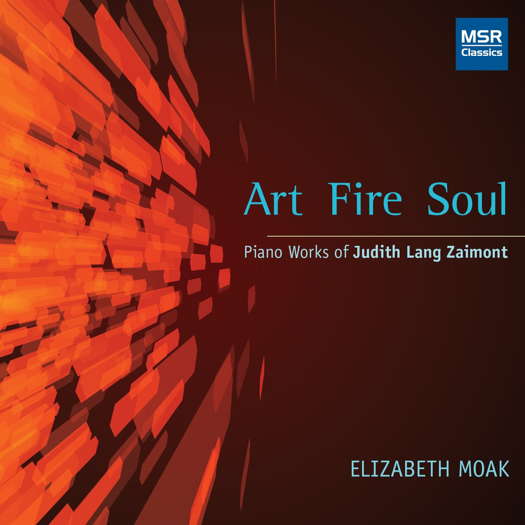 SPONSORED: CD Spotlight. An Encyclopedic Recital - Elizabeth Moak plays Judith Lang Zaimont, heard by the late Howard Smith.
SPONSORED: CD Spotlight. An Encyclopedic Recital - Elizabeth Moak plays Judith Lang Zaimont, heard by the late Howard Smith.
All sponsored features >>
- Gunnar Johansen
- Leo Sowerby
- Ravel: La Valse
- Igor Fyodorovich Stravinsky
- Korte
- Kosmos Tirana Music Festival
- Finn Ross
- Alisa Weilerstein
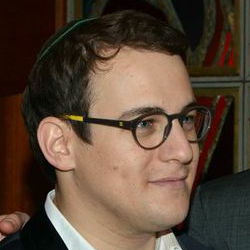 SPONSORED: Ensemble. Melting Rhapsody - Malcolm Miller enjoys Jack Liebeck and Danny Driver's 'Hebrew Melody' recital, plus a recital by David Aaron Carpenter.
SPONSORED: Ensemble. Melting Rhapsody - Malcolm Miller enjoys Jack Liebeck and Danny Driver's 'Hebrew Melody' recital, plus a recital by David Aaron Carpenter.
All sponsored features >>
Handel vs Bononcini
MIKE WHEELER listens to the English Concert and soprano Anna Dennis at the Buxton Festival
Handel and Bononcini were operatic rivals in 1720s London; 'Tweedledum and Tweedledee', as contemporary poet John Byrom called them in a satirical verse. Led from the harpsichord by Tom Foster, and joined by soprano Anna Dennis, the English Concert placed some of their instrumental and vocal music side-by-side for us to compare and contrast – St John's Church, Buxton, 11 July 2022.
Handel's Concerto Grosso in F, Op 6 No 2, began the concert, a stately opening movement followed by plenty of bustling energy in the second. The contrast between the solo group and the orchestra in the third movement was well highlighted, and the fugal finale was deftly negotiated. Similar qualities informed the account of Bononcini's Sinfonia in F, Op 3 No 1, with the second movement particularly notable for some rhythmically incisive playing.
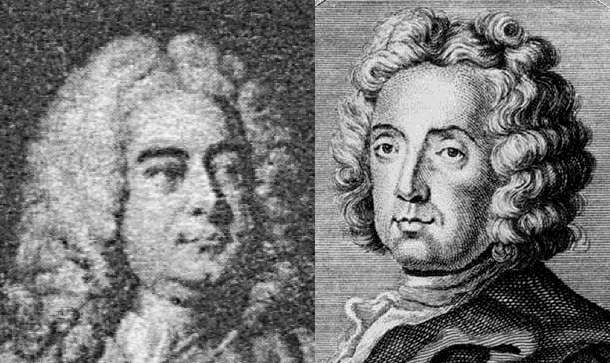
George Frideric Handel (1685-1759, left) and Giovanni Battista Bononcini (1670-1747)
Handel's Sonata à 5, HWV 288, has a prominent solo violin part, winningly played on this occasion by leader Nadja Zwiene – suave in the first movement, poignant in the second, and vigorously virtuosic in the third. In the second half we heard from Handel's other set of concerti grossi, Op 3. No 2, in B flat, was sturdy in its opening; the second movement featured a delectably fluid oboe solo from Rachel Chaplin, and the two concluding dances were both elegant and lively.
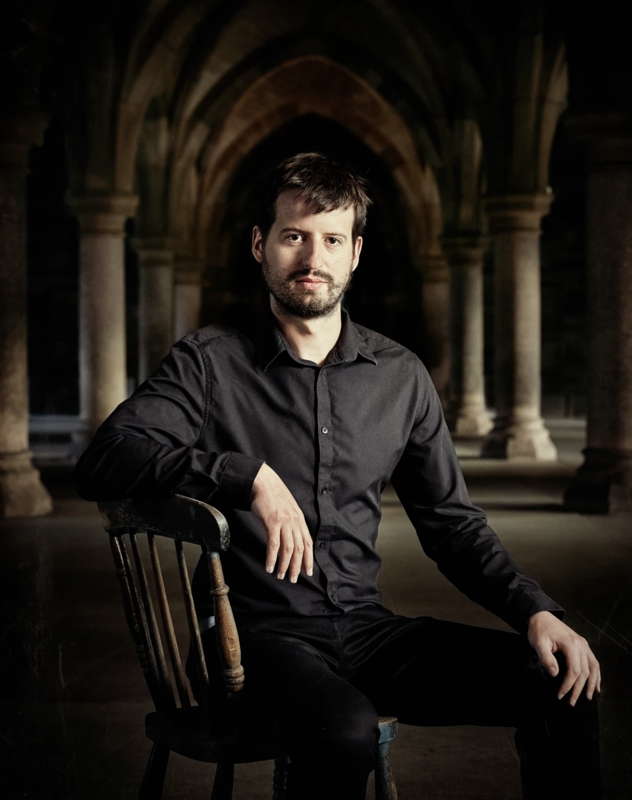
Tom Foster
The vocal numbers were slotted in and around the instrumental ones, with a cantata and opera arias from each of the two composers. Bononcini's cantata Ecco Dorinda il giorno (Dorinda, this is the day when I must go far away) is a lover's farewell. The second of the three arias saw Anna Dennis navigating some particularly agile writing. The third aria, as the lover finally takes his leave, was unexpectedly skippy.
The opera arias, which opened the second half, began with 'Ombra mai fù', not from Handel's Serse but from Bononcini's Xerse. Its gentle manner, well projected by Anna Dennis, easily withstood the comparison.
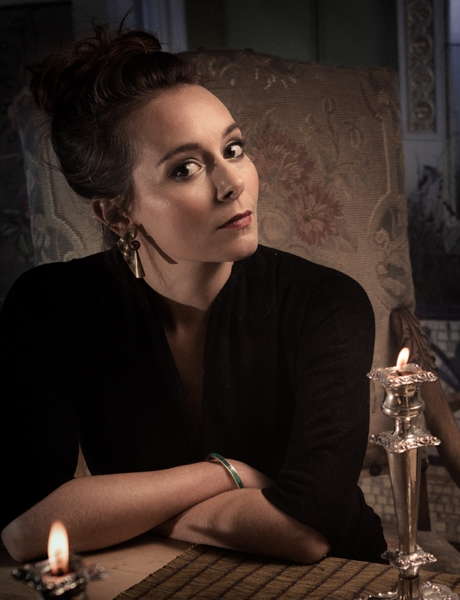
Anna Dennis
From there, it was Handel all the way. 'In mezzo a voi dui', from Imeneo, sees the opera's heroine unable to choose between two prospective lovers, while in 'Ritorna, oh caro' from Rodelinda, the title character longs to be reunited with her once presumed-dead husband. Dennis caught all the eagerness and yearning of both characters. Finally came Handel's cantata Crudel Tiranno Amor (Love, you cruel tyrant). Dennis's command of the first aria's sweeping phrases was well contrasted with the gently lilting sorrow of the second.
If, in the long run, Handel just had the edge, that may simply be because of his greater familiarity. On this evidence there's certainly some rewarding music by Bononcini to explore.
Copyright © 31 July 2022
Mike Wheeler,
Derby UK



